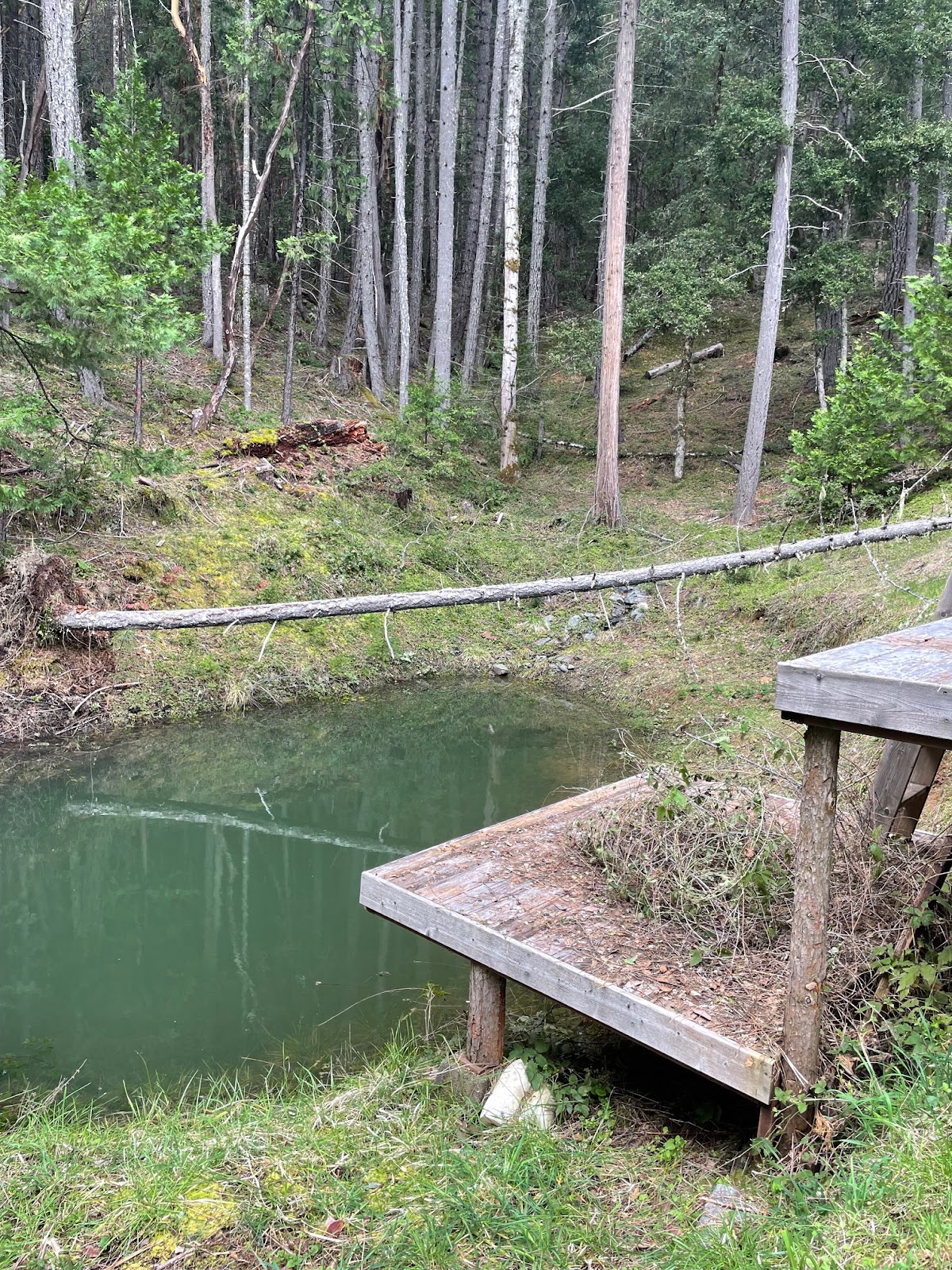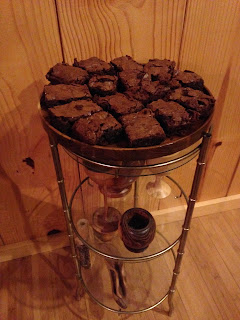Hearing poems recited is to hearing them read aloud as hearing them read aloud is to reading them silently. Better.
Maybe that's why memorizing poetry has been a life-long hobby of mine. I memorized my first poem in the third grade. I recited a poem for the high school variety show. As a child, I memorized poetry as I did chores, the poetry book propped on the ironing board or the handlebars of the lawn mower. During COVID I gave a half-hour poetry recitation on Facebook Live.
Now I'm taking poetry recitation to a live audience. A week from Saturday, on April 6, I will recite 15 poems at the Applegate library.
I am a little nervous. I know the poems thoroughly, but saying them as I'm driving or hiking or even in front of a mirror is not the same as saying them in front of a live audience. I hope I can do this.
My favorite kind of poem to recite is a dramatic monologue, such as Robert Browning's "The Bishop Orders His Tomb at St. Praxed's Chruch" and T. S. Eliot's "The Love Song of J. Alfred Prufrock," because with those poems I get to play a character. Against Prufrock's vexation at his midlife crisis, I will juxtapose Ulysses's defiance of old age in Tennyson's dramatic monologue "Ulysses." Then I'll take on the persona of a young woman telling a tale about hanging suspended in a birch tree with wild grapes when she was five years old in a Robert Frost poem. Frost's "The Death of the Hired Man" is a dialogue rather than a monologue, but it is just as dramatic as those others. I first memorized that poem when I was a teen-ager, just for fun. Now I will recite it "on stage," as it were.
I'll recite some of Mary Oliver's plain-language, image-rich poems and contrast them with one of Gerard Manley Hopkins's syntactically complex poems. I'll recite well-known poems like Robert Frost's "Birches" and "Stopping by Woods on a Snowy Evening" and esoteric, rhyme-rich poems like Wallace Stevens's "Bantams in Pine Woods." I'll end with Christopher Smart's delightful 18-century poem, "My Cat Jeoffrey," in which Smart absolutely nails the characteristics of a cat.
The poems take 50 minutes to recite. At first I was just going hand out a program with the dates of each poet's life and the titles of the poems and let that be adequate for background, but now I'm thinking the audience will enjoy the poems better if they know something about them before I recite them. It might be better to have a more casual hour-and-a-half program that a squeezed-to-fit hour program.
But who knows? I've never done this exact thing before. I just hope to give my audience the pleasure of hearing some great poems.
But, just in case, I will also offer some great refreshments.
Recitations by Diana Coogle
Saturday, April 6, 3:00-4:30
Applegate library













